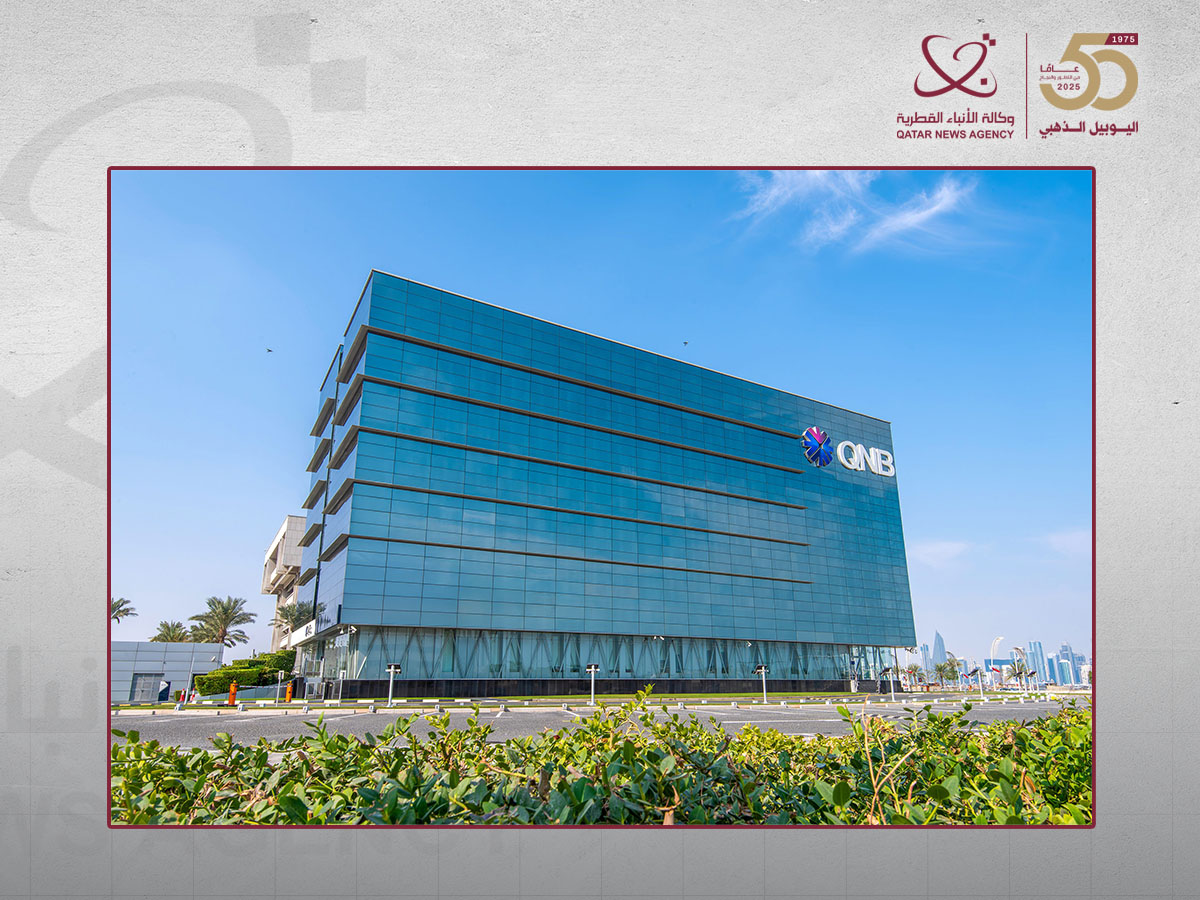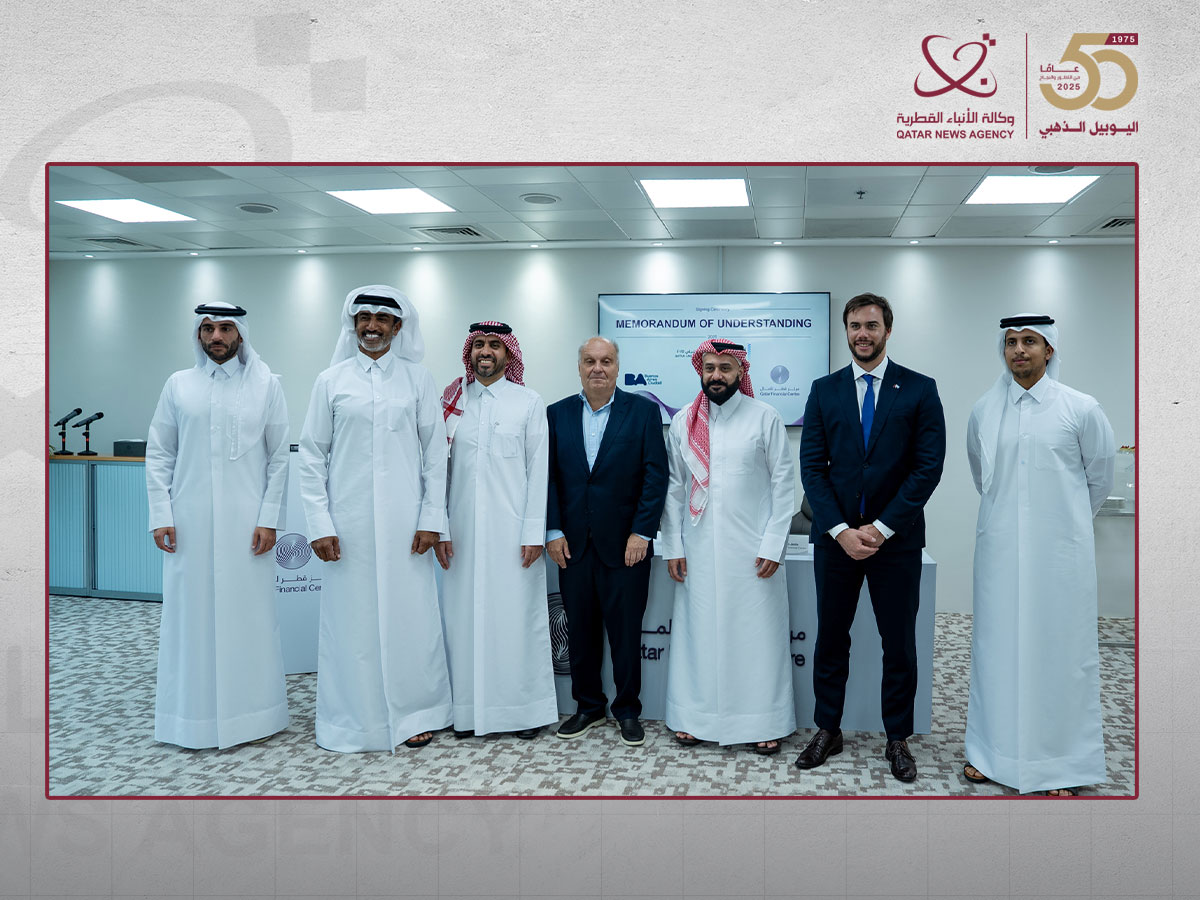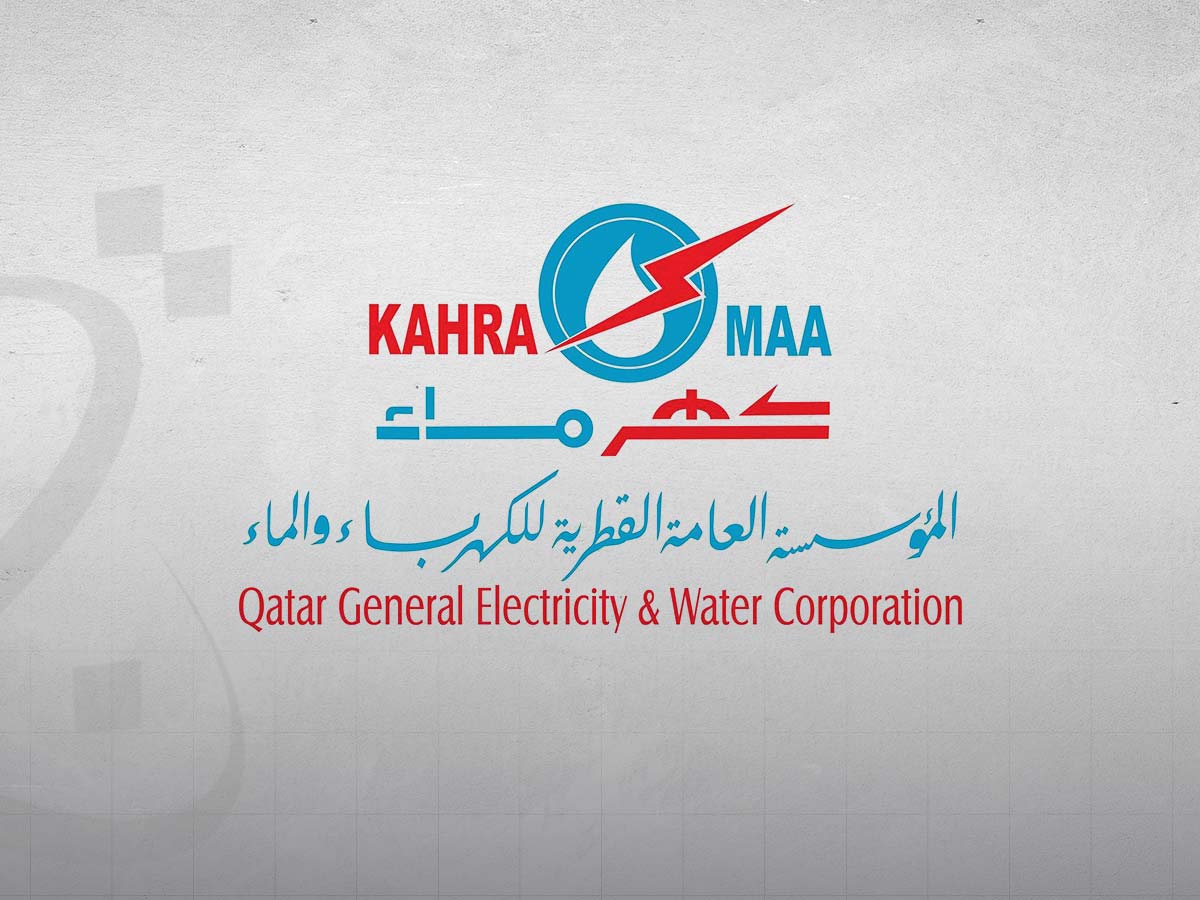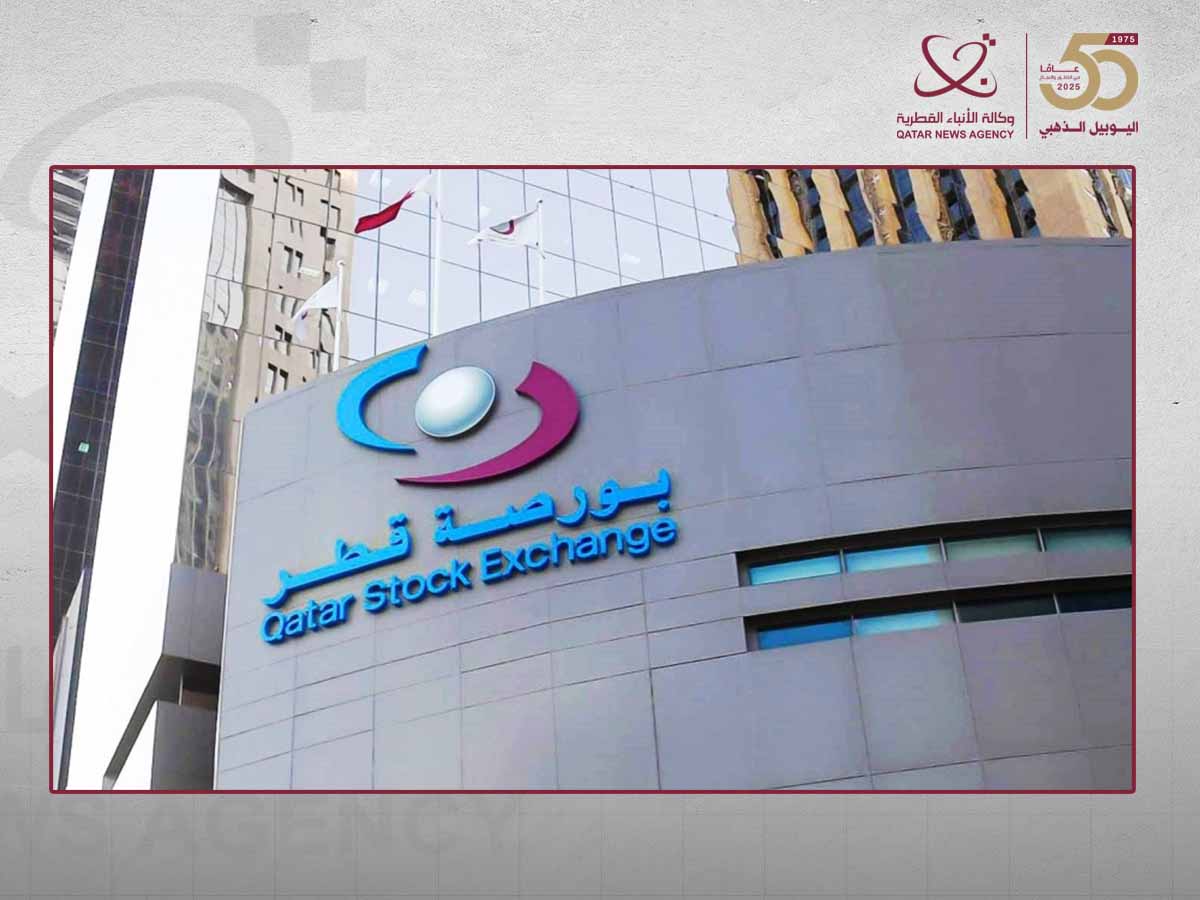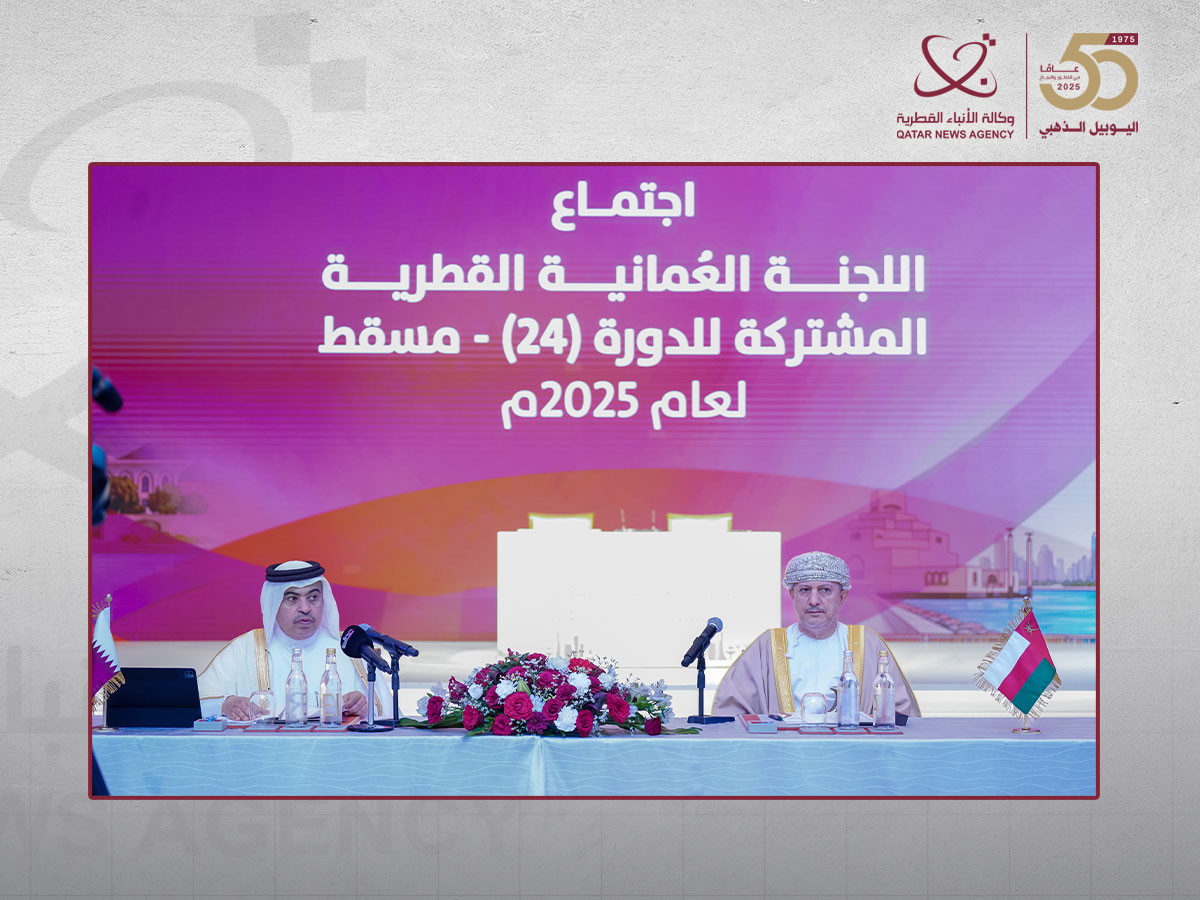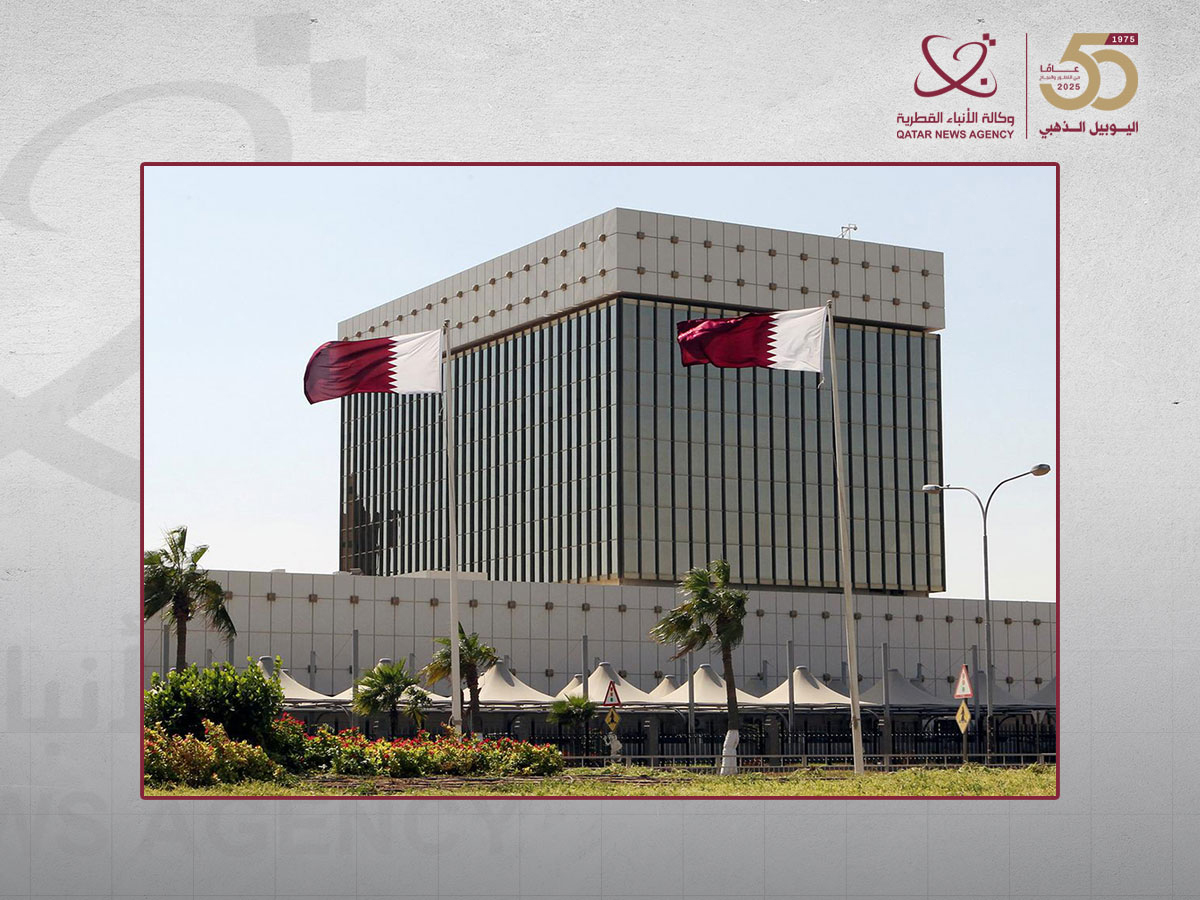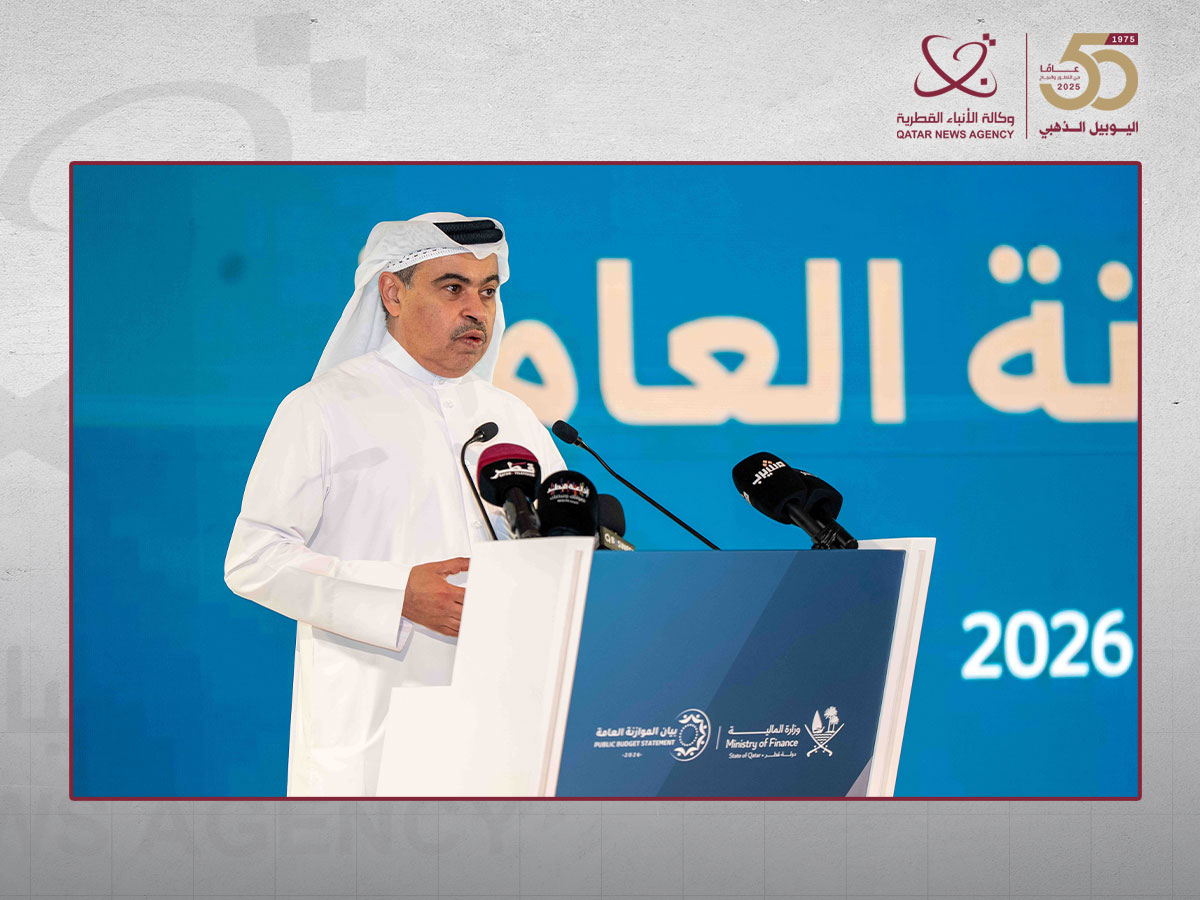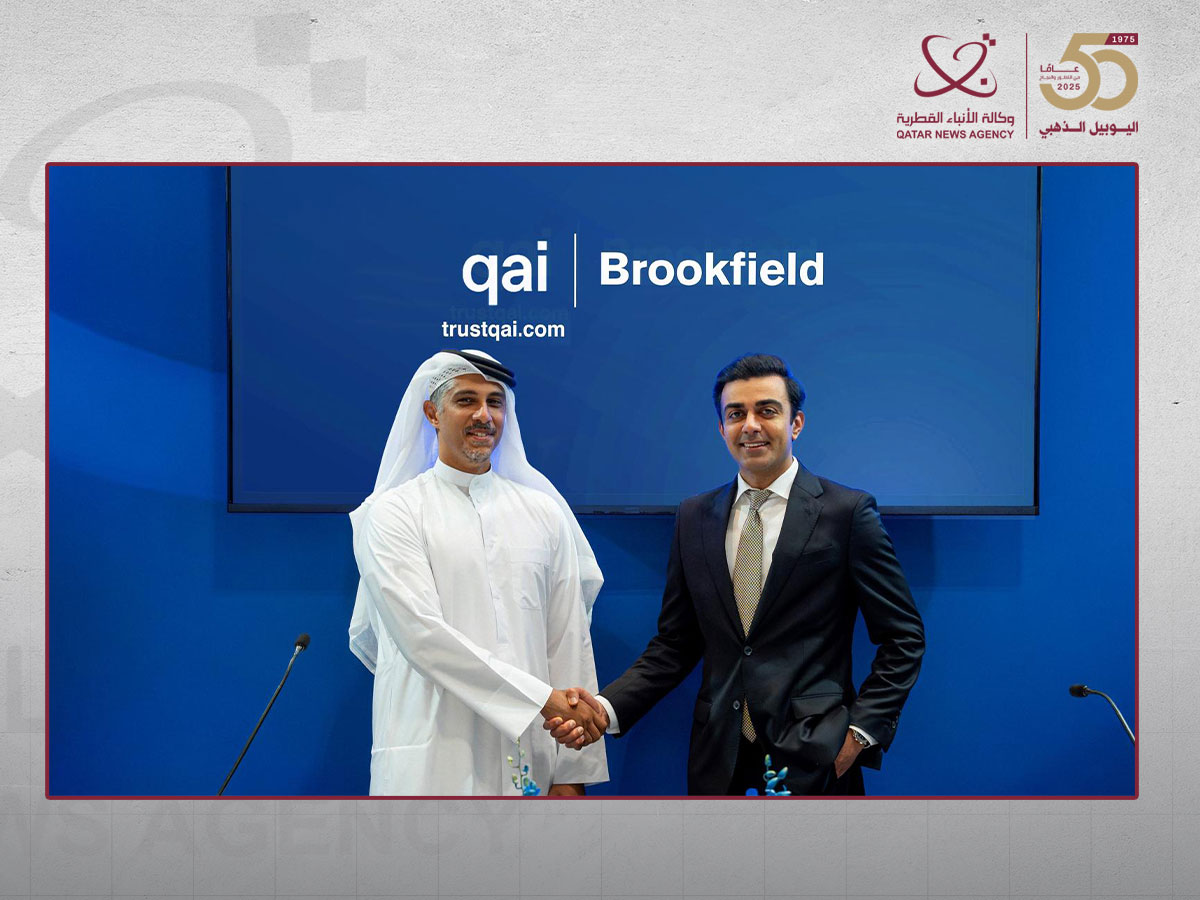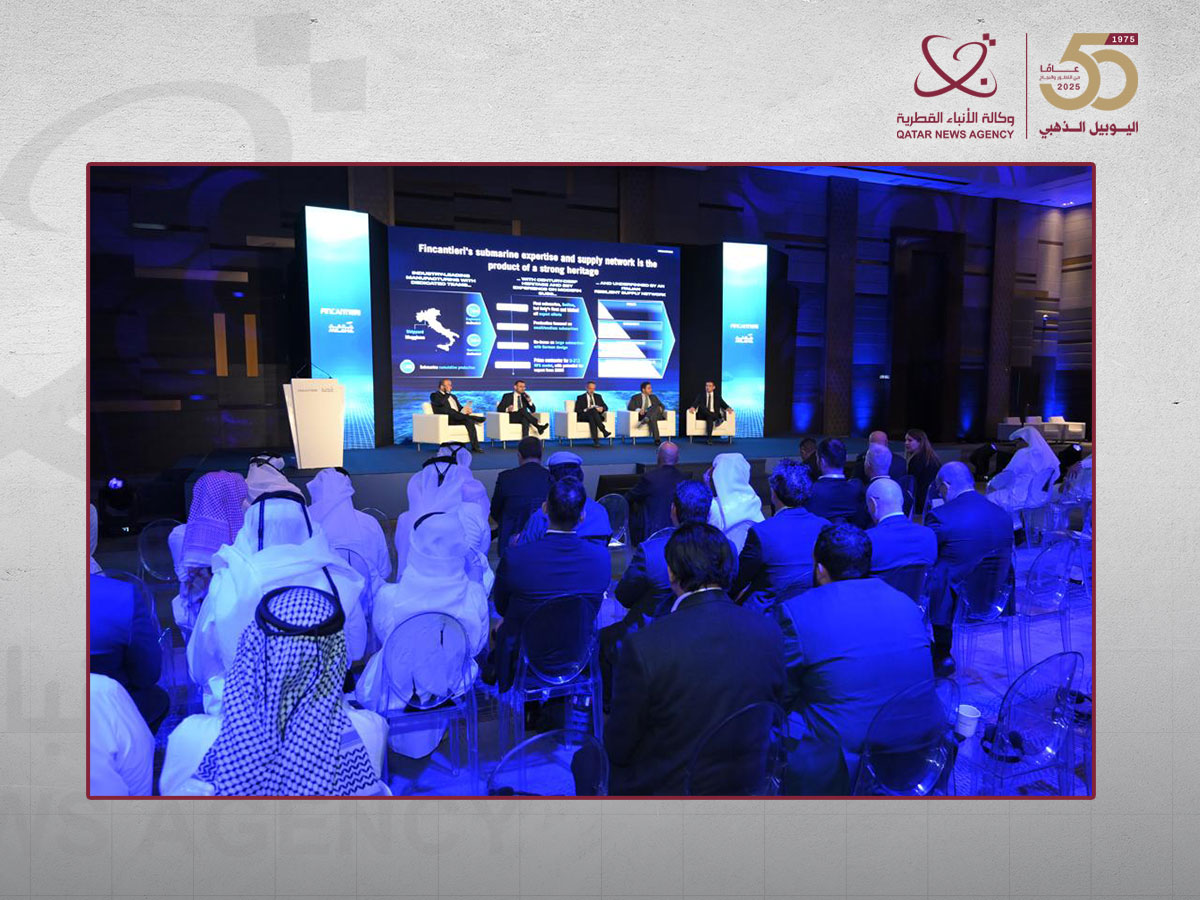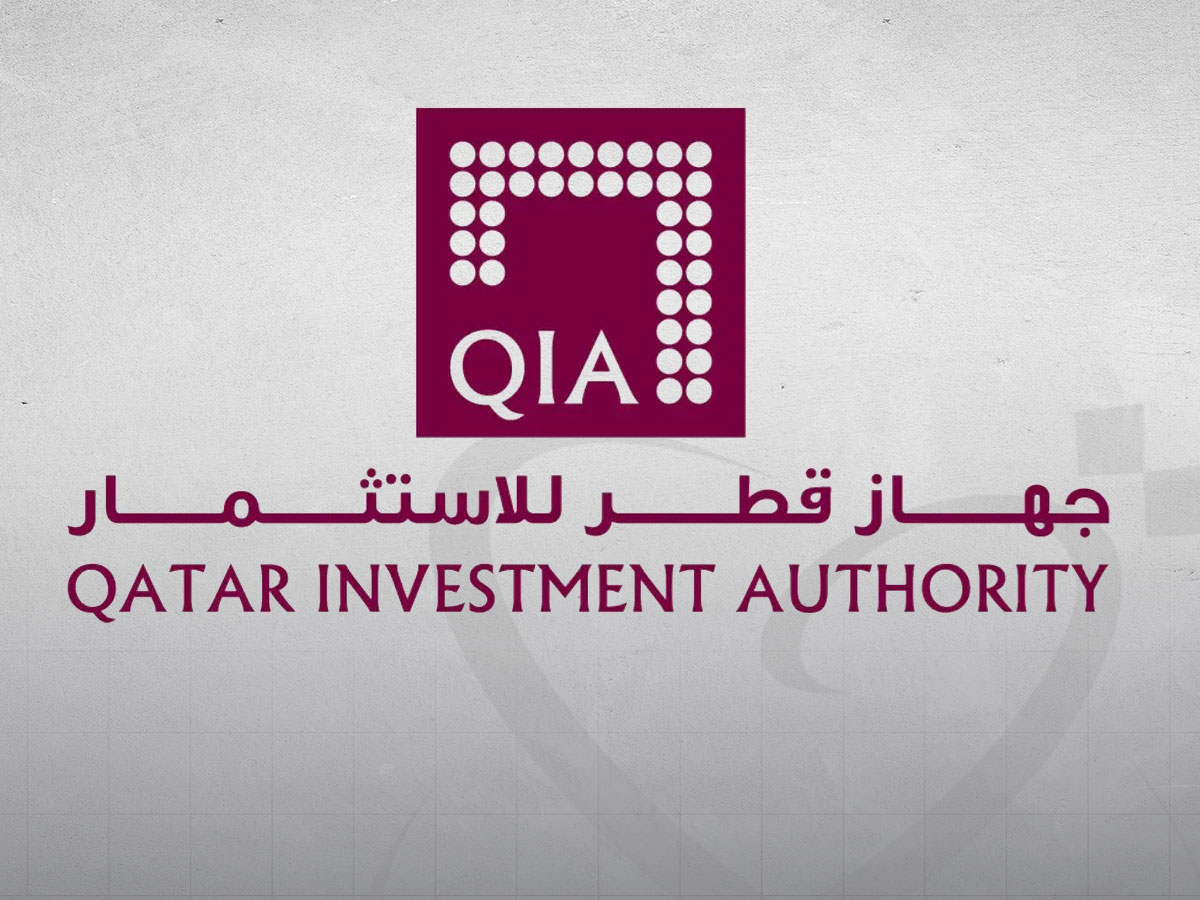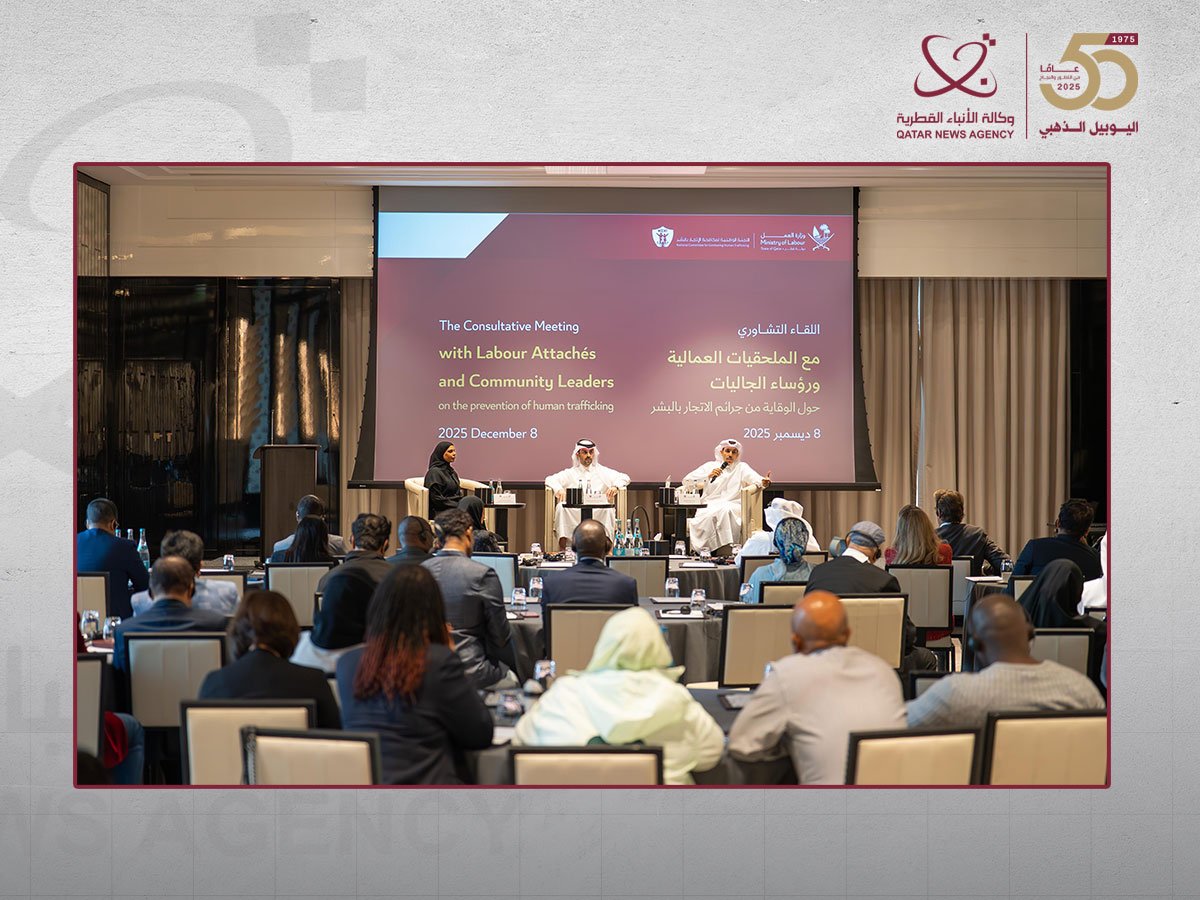Doha, August 03 (QNA) - Qatar Financial Centre (QFC) has underscored the need for coordinated, forward-looking regulatory frameworks and multi-stakeholder cooperation to unlock the full potential of real-world asset tokenisation.
In a report on shaping the future of digital assets, QFC stressed the need to enhance cooperation and communication among a variety of stakeholders in pursuit of achieving the utmost benefit from asset tokenization and unlocking more precise and efficient pathways for their trading.
On this matter, Chief Executive Officer at QFC, Yousuf Mohamed Al Jaida, emphasised the need to lay strong foundations for tokenisation, stating: "Tokenisation can unlock real value by making assets more accessible and easier to transfer. To realise this potential, we need a clear system that combines robust regulation, secure custody, and practical application. This will create a trusted environment that enables institutional adoption and drives sustainable market growthâ€.
For his part, Chief Financial Sector Officer at QFC, Henk J. Hoogendoorn said: "Tokenisation must serve a purpose. It should democratise access and create real-world value. Qatar is committed to making tokenisation of real-world assets a success".
The new report, generated in partnership with Global Stratalogues and the Global Blockchain Business Council (GBBC), was based on the discussions at the inaugural Digital Assets Policy Roundtable.
It captures insights from global experts who agree that the successful development of inclusive and future-ready token ecosystems hinges on cross-border regulatory alignment, strategic infrastructure investment, and public-private collaboration.
The findings concluded that tokenisation, when embedded within a coherent policy framework, can expand market access, enhance financial inclusion, and deliver tangible value across economies.
The report noted that despite the emergence of global regulatory alignment, albeit uneven, Legal definitions and compliance requirements vary significantly across jurisdictions, especially since tokenisation is still in a formative stage, underlining that infrastructure and interoperability should be prioritised.
Overall, the report called for establishing institutional sandboxes and global standards, offering a practical roadmap for regulators, financial institutions, and innovators striving to build inclusive, transparent, and future-ready token ecosystems, rooted in legal clarity, interoperability, and cross-border relevance. (QNA)
.png)
 4 months ago
36
4 months ago
36


